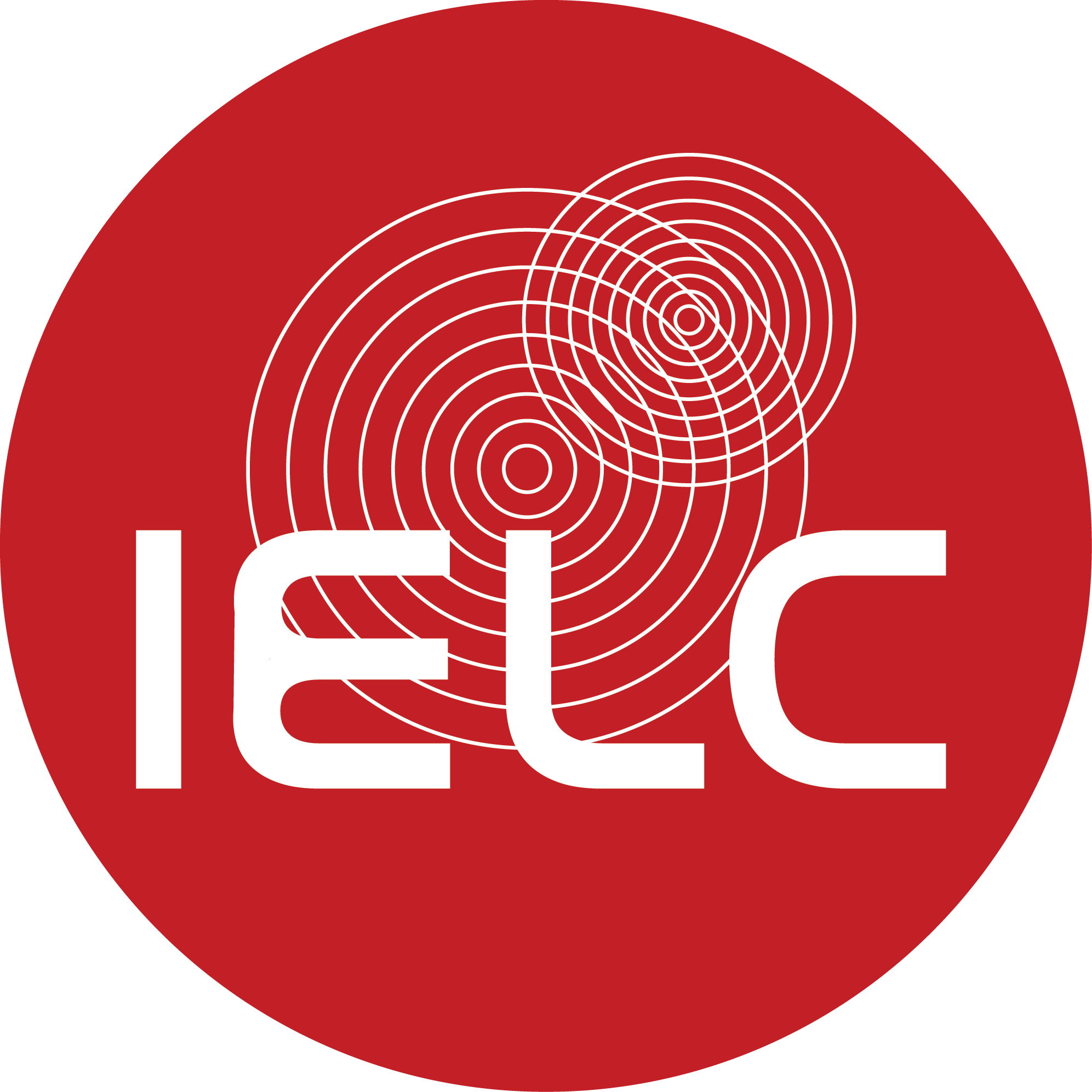|
|
Description |
||||||||||||||||||||||
|---|---|---|---|---|---|---|---|---|---|---|---|---|---|---|---|---|---|---|---|---|---|---|---|---|
The study aims to examine and theorize the practice of state-funded outsourcing of English language education (ELE) focusing on its quality and equity, with reference to the Hong Kong context. Many governments have turned to state-funded outsourcing of education (Ed-outsourcing) to enhance the quality and economic efficiency of Education, and ultimately, the competitiveness of their societies (Barrera-Osorio, Guaqueta & Patrinos, 2012). The quality of state-funded Ed-outsourcing, what Burch (2009) termed new education privatisation, however, is disputed in the international literature (Ball and Youdell, 2008). It has also suggested that new privatization techniques have reproduced or even increased disparities in learning opportunities in many contexts (ibid.). While some concerns about quality and equity of Ed-outsourcing have emerged in the Hong Kong context (e.g. the need for quality-control systems) (Chan & Ng, 2015), little research have investigated changes and impacts at the school and government-regulation levels. Therefore, this project intends to explore and theorize the emerging phenomenon of providing schools with state funding to purchase and integrate third-party services into their education delivery, focus on quality and equity.
Focusing on ELE, where students’ achievements correlate with their socio-economic status (SES) (Lai, 2013), this exploratory study will pursue the following objectives:
Drawing on the principal investigator's previous research (Choi, 2015) and three pilot studies, the study is designed to comprise:
Output Refereed Conference Papers
|



